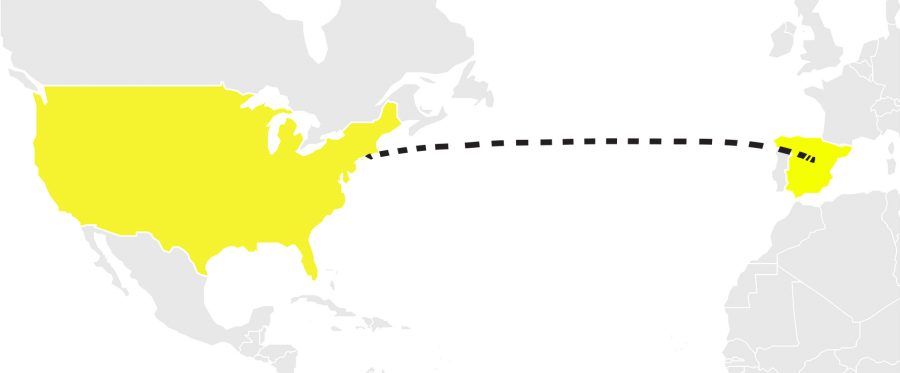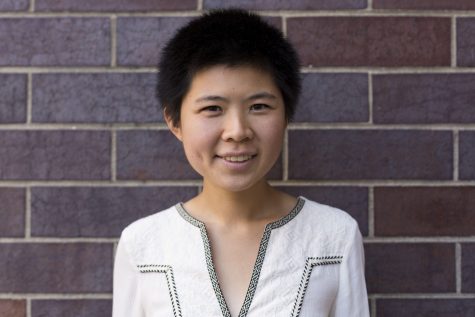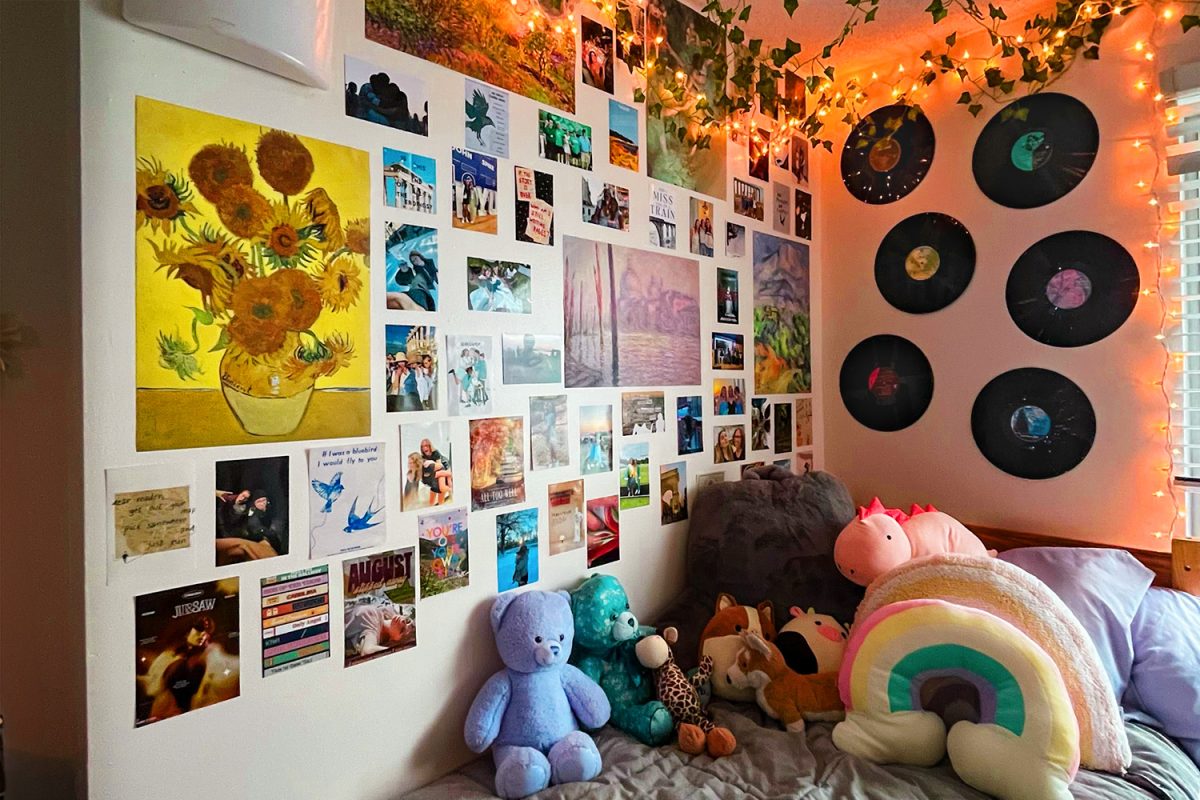Madrid: Home Away from Home
February 23, 2017
If you’re going abroad, you’ll hear it said time and time again: living with a host family is the best way to immerse yourself in a different culture while learning a new language. For the past month, I’ve lived in Madrid with an older couple and their 29-year-old daughter, and my constant interactions with them in Spanish have improved my language skills and understanding of Spanish life in a way that no class ever could.
The biggest misconception about homestays is that they somehow limit students’ independence — and it does, at times, feel like I’m living at home with my parents again — but host families understand that we’re students and that we tend to spend much of our time outside of the house. There’s no curfew, and I’m free to come and go in the apartment as I please. The only requirement is to be at home for dinner, or to notify my señora if I make other plans.
There are, however, certain cultural differences that require adjustments. For me, the hardest thing has been explaining my sleep habits: every single time I sleep in past 10 a.m., my señora asks me, with a hint of judgment, whether I’ve been up late “hablando con mi novio,” when in reality I just have a bizarre ability to sleep for more than 12 hours a night. Her dismay at my habit of being late and skipping breakfast on weekdays has taught me to set my alarm a little bit earlier to make time to eat in the morning — something I would rarely do otherwise.
Some homestays offer kitchen rights, which allow students to purchase their own food and cook their own meals at the cost of interaction with the host family. In all honesty though, the biggest advantage of living in a homestay — aside from the contact with a foreign language and culture — is the food. I opted for the breakfast and one hot meal option, so in the morning I have coffee and toast and at night whatever my señora has spent the day cooking.
Everyone’s host family is different, but my señora prepares the most elaborate meals. There are always two main dishes, which could be anything from paella to tortilla Española to meatballs, as well as a salad, bread and a clementine for dessert. I used to skip meals in New York due to my lack of both interest and cooking skills, but here I eagerly await dinnertime because the food
never disappoints.
In addition to cooking, my señora also does my laundry, and a maid washes my sheets and cleans my room every week — not a bad deal at all. Toiletries like hand soap and toilet paper are provided.
The only real disadvantage to living in a homestay, in my opinion, is the isolation from the rest of study abroad students who tend to live in dorms. I’m lucky enough to live a 10-minute walk from the NYU Madrid residence hall, so I meet up with my friends there all the time. And I’m satisfied knowing that this experience, above all others, will push my Spanish to near perfection.












































































































































